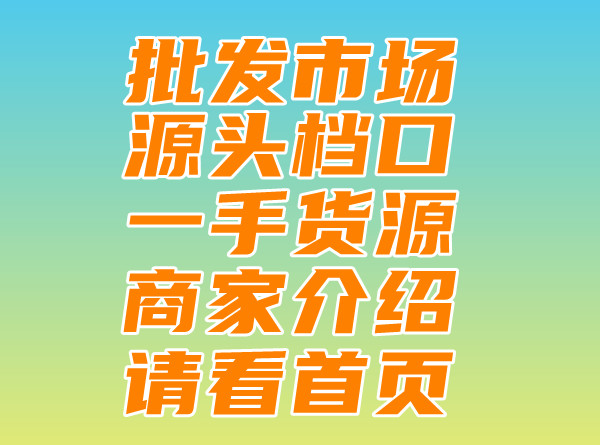Luxury Replica Stores in Shanghai: A Glittering Peek into the Trend
Luxury Replica Stores in Shanghai: A Glittering Peek into the Trend,
Luxury Goods Replication in Shanghai
In the vibrant city of Shanghai, a new trend is taking over the retail landscape - the replication of luxury goods stores. As the economic powerhouse of China, Shanghai has become a focal point for luxury brands seeking to expand their presence in the Asian market. The influx of high-end consumers and the rising disposable income have made the city an ideal location for luxury retailers to set up shop.
However, with the competition getting fierce and real estate costs on the rise, many luxury brands are opting for store replication as a cost-effective way to expand their market reach. This approach allows them to establish a strong brand presence without breaking their budget. The trend is further fueled by the rising demand for pre-owned luxury goods in Shanghai, which has resulted in a flourishing second-hand luxury market.
Store Replication as a Strategic Move
For luxury brands looking to capitalize on the booming Shanghai market, store replication is a strategic move. Rather than opening new flagship stores in different parts of the city, these brands are opting for smaller boutiques or outlets in more localized areas. This approach not only helps them to tap into the local market but also to maintain a consistent brand experience for their customers.
The replicated stores often carry a curated selection of the brand’s most popular items, ensuring that customers get a comprehensive shopping experience without the need for extensive inventory. By leveraging their existing brand image and popularity, these replicated stores provide an efficient way to introduce new products and concepts to the market while maintaining a consistent quality and service standard.
The Role of Technology in Store Replication
With the integration of technology in retail, store replication in Shanghai has become even more feasible. Digital tools such as e-commerce platforms and mobile applications enable luxury brands to extend their reach beyond physical storefronts. By creating online stores or leveraging existing e-commerce platforms, these brands can replicate their storefront experience online and offer customers a seamless shopping experience.
Moreover, with advanced analytics tools, luxury brands can identify key areas for store replication based on consumer behavior and market trends. By analyzing customer data and market insights, they can identify potential areas where replicated stores can be set up to maximize brand exposure and sales.
Conclusion
In conclusion, store replication in Shanghai offers luxury brands an effective way to expand their presence in the Asian market without breaking their budget. By leveraging their existing brand image and popularity, combined with technology and strategic planning, these brands can create a strong foothold in the city and capitalize on its thriving luxury market.

- Zhuhai Luxury Goods Fakes: A Closer Look
- Luxury Clothes Brands: High-Quality Replicas 这个标题简洁明了,准确地反映了您要求的主题。
- Faux Luxury Scarves: A Guide to Styling and Quality Comparison with Premium Brands
- Putian's Luxury Shoe Brands: Imitation at Its Finest
- Luxury Men's Fashion Knockoff Prices 这个标题简洁明了,准确地反映了您所提到的主题,即奢侈男装的高仿价格。
- Faux Luxury Boutiques: The New Retail Trend of Imitation Luxury Goods
- Golden Fake Luxury Goods: A Luxe Hunt in the Making.
- Affordable Luxury Jewelry: A Guide to Replica Luxury Brands.


